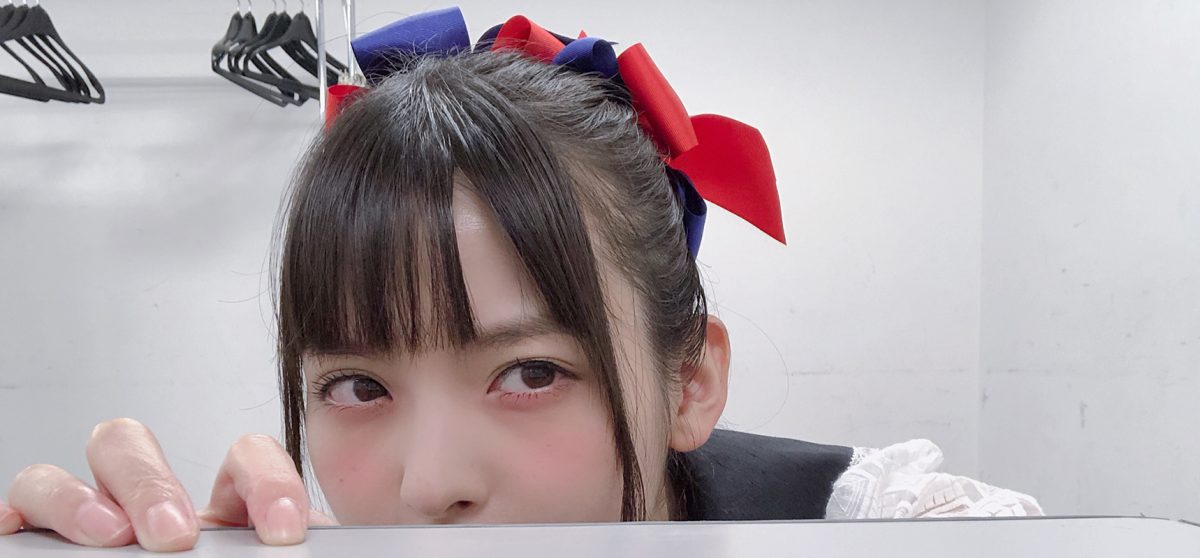It’s spring again. This is the period of the hanami, that will last ’till May, where Japanese people organize picnic under the blossoming cherry trees. For some, Spring is the season of love, for me it’s just a rainy season. Along with love and nature, season were a common theme of waka poetry. Today’s poems are related to spring and I hope you’ll enjoy them.
Poem n.44 from the Shinkokinwakashū むねの花にほひをうつす袖の上に檐もる月の影ぞあらそふ mune no hana nihohi wo utsusu sode no uhe ni noki moru tsuki no kage zo arasohu
Traduzione italiana I fiori di prugno trasferiscono sulle maniche il loro profumo competendo con la luce della luna che filtra dal tetto
English translation The scent of plum blossoms permeates my sleeves vying with the moonlight that seeps through the eaves
I’m not quite sure about the meaning of this poem, but I guess that nobles of the Heian period would have immediately figured it out. Obviously the plum blossoms represent spring, but what’s the meaning of the sleeves? In lot’s of poems, sleeves are wet because of the tears shed by a lover, or they are cold to represent the poet’s loneliness or joined with the sleeves of another person, meaning that the poet is meeting with his/her lover. In this case, I guess they represent loneliness or melancholy. Maybe Fujiwara no Teika was thinking of someone when he wrote this poem?
Poem n.91 from the Shinkokinwakashū しら雲の春はかさねて立田山をぐらのみねに花にほふらし shirakumo no haru ha kasanete tatsuta yama wogura no mine ni hana no nihurashi
Traduzione italiana S’addensano sui monti Tatsuta bianche nubi primaverili. E sembra che sul picco del monte Ogura i fiori di ciliegio siano bellissimi
English translation White clouds gather on mount Tatsuta during spring, the cherry blossoms on Ogura’s peak it seems they are beautiful
Mount Ogura, in Nagano Prefecture, is also knows as the “poet’s mount” since it appears in a lot of poems. I’m not 100% satisfied with the English translation, I could have probably done better, but for now I will settle with that. Once again, those two translations aren’t really “poetic”, but I hope you enjoyed my work anyway. The next part will feature birds and tears. Arrivederci~
Source: Tollini, Aldo – La concezione poetica di Fujiwara no Teika

